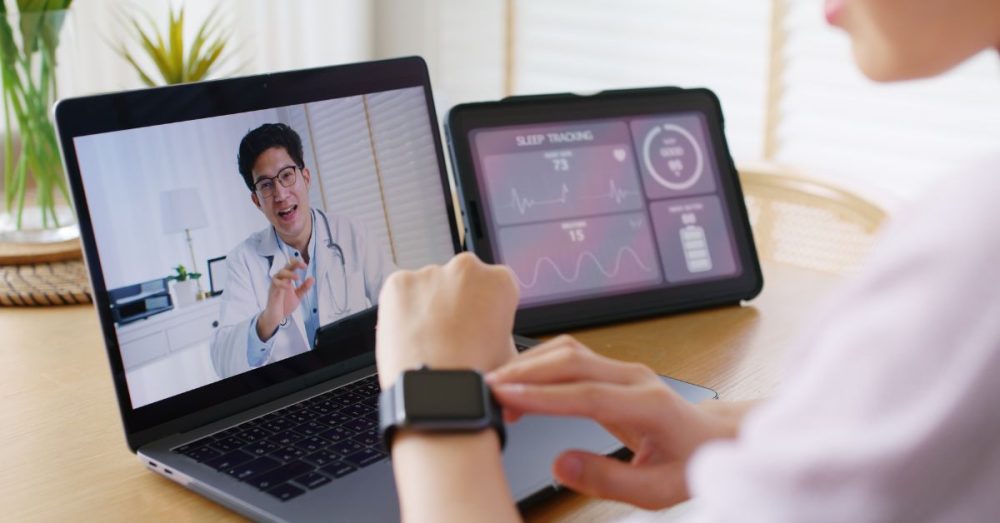Smartwatches and fitness trackers are like having little tricorders strapped to our wrists.
The data they capture is simply amazing. Researchers are using the popular consumer devices to conduct large-scale studies that would not have been possible previously.
Scientists are already using the devices to study the heart, lungs, brain, liver, sleep, mental illness, menstrual cycles, autism, and more.
“We’re able to ask questions we couldn’t ask before,” said Shruthi Mahalingaiah, who is conducting a women’s health study along with Apple, reported WebMD.
The Dallas Express recently reported on a study that found inconsistent sleep at night could lead to a higher risk of type 2 diabetes. Type 2 diabetes occurs when the body no longer correctly regulates and uses sugar as a fuel. This can lead to a person’s blood sugar rising to dangerously high levels, which, over time, can present a significant health risk. This incurable disease needs to be kept in check through diet, exercise, and medication.
Since type 2 diabetes is an acquired problem, older adults are most at risk. However, due to rising obesity rates, increasingly more children and young adults are being diagnosed with it. Obesity has long been considered a significant risk factor for type 2 diabetes. According to the ADA, carrying extra weight can also lead to blood pressure and cholesterol issues, which can usher in heart disease — the leading cause of death in the U.S.
Using Fitbit data, researchers have found that people who sleep poorly may be at risk for a variety of chronic health problems. Medical Xpress reports on the findings. Here’s the start of the story:
A team of medical researchers affiliated with a host of institutions across the U.S. has found via a study of Fitbit data that people who regularly sleep poorly are more susceptible to a wide range of chronic health problems than those who sleep normally.
In their study, published in Nature Medicine, the group analyzed sleep patterns of 6,785 adults who wore a Fitbit device to bed and correlated the data to the subjects’ health problems.
Prior research has shown that people with chronic sleeping problems are at higher risk of many health problems, many of which are related to cardiometabolic and psychiatric disorders. But associations between the two have been difficult to pin down due to the way data is collected in research efforts—typically, volunteers wear sensors as they sleep in a lab for just a few nights. Such efforts provide a very short window of opportunity.
Other studies have relied on self-reported sleep habits, but such reports are notoriously inaccurate. In this new effort, the research team sought to collect sleep data for thousands of people over a long period of time. To achieve this, they turned to Fitbit, a commercially available biosensor affixed to a bracelet that can be easily worn at night.


